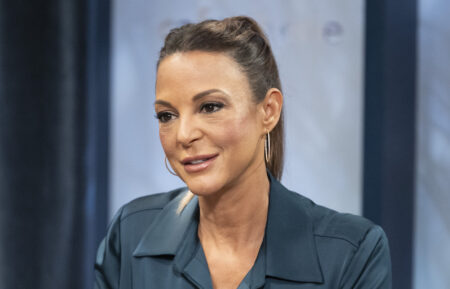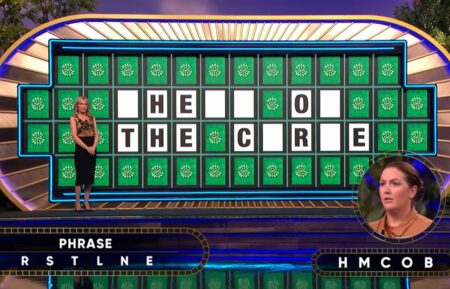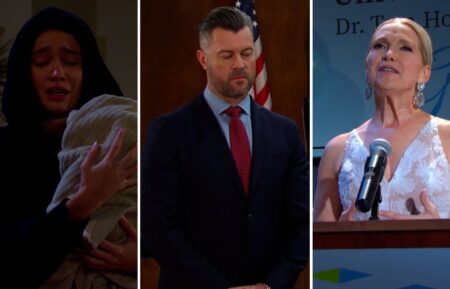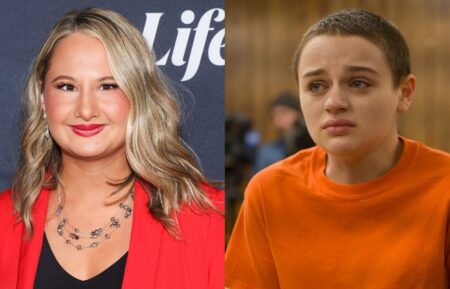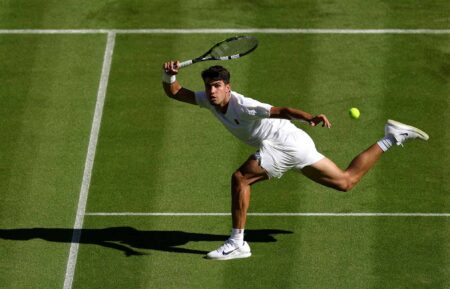The War Zone: Dick Cavett Looks Back on Vietnam
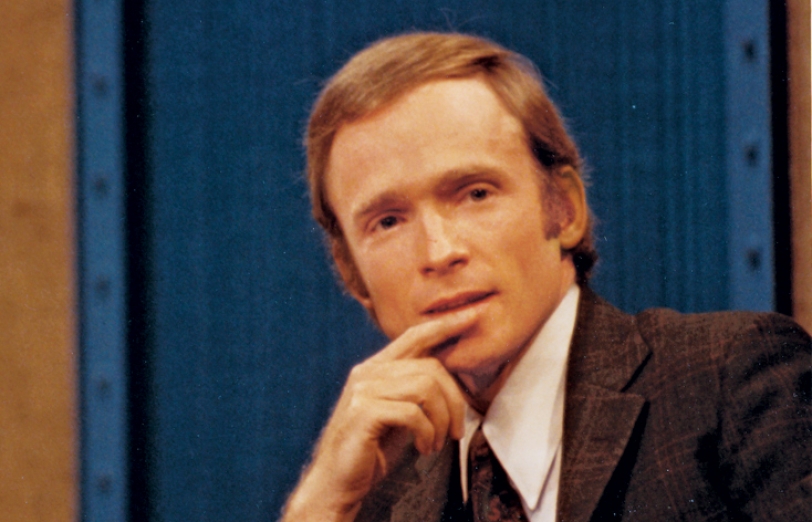
“The war in Vietnam was a dumb, ham-fisted catastrophe,” says Dick Cavett, “but it sure led to some smart discussion.” A lot of it happened on Cavett’s late-night talk show in the early ’70s, now the subject of a PBS special, Dick Cavett’s Vietnam (Monday, April 27, 10/9c, check local listings). Included are big moments from Cavett’s Q&As with top politicos of the time, including Barry Goldwater, Hubert Humphrey, Wayne Morse, and Edmund Muskie, as well as young men serving in Vietnam, among them future Secretary of State John Kerry. Hollywood also weighed in. Cavett got two cents—and then some—from the likes of Jane Fonda, Paul Newman, Woody Allen, and Warren Beatty. We spoke with Cavett about this remarkable, and very painful, program.
This special marks the 40th anniversary of the fall of Saigon and the end of the Vietnam War. How was it for you to relive that epic, tragic time?
In watching this program put together I realized, all over again, how absolutely intriguing the whole damn thing was yet, at the same time, it was so horrible you don’t ever want to talk about it again. And you wonder, what has this country learned from what we did in Vietnam? Apparently nothing. We’re now like an octopus with an arm out in every part of the world.
The discourse on The Dick Cavett Show, even at its most contentious, was still civil and measured—a far cry from what we see on TV today. And you, for the most part, kept your opinions to yourself. Was that difficult to do?
First of all, you have to remember that we were primarily an entertainment show. It wasn’t my job to have opinions. I was there to ask questions and to listen. We all listened back then. We weren’t shouting and trying to talk over each other. When Senator Wayne Morse came on the show—he had voted against the Gulf of Tonkin Resolution, which allowed LBJ to take us to war without a formal declaration—he was so wise and deeply moving that the studio audience was thunderstruck. They were breathless. They didn’t move. They sat there so quietly it was like they were a still photograph.
Even John Kerry and the other soldiers you interviewed were remarkably poised and thoughtful.
The loss to our nation wasn’t only represented by the death toll in the war and the Kent State students shot dead in the land of the free. So many wonderful, gifted, promising kids were cheated out of an education because of the draft. It was a bad time to be that age. So many lives changed, so many opportunities lost. That’s a cost you can’t quantify.
Also included is audio from those still-staggering Nixon tapes. What shocked you most about those private conversations?
Henry Kissinger trying to pin the blame for the war on the Kennedy-Johnson administrations, with no hint of any human feeling about the amount of blood on his own hands. The cost of life didn’t seem to interest him.
Did it surprise you how often your celebrity chit-chat turned political?
Constantly. One minute, a star, like Tony Randall, would be regaling us with a funny story about his mother-in-law; the next, he’d jump to Vietnam. It didn’t matter who we had on—Groucho Mark, lady movie stars, acrobatic dancers. You could not keep the topic out of the conversation. Warren Beatty, in particular, spoke about the war so beautifully. As inept and dumb as Jane Fonda was in some of her behavior during the war—which she has heartrendingly apologized for over and over again—she was right in saying the war was politically and morally wrong. Show folk were considered know-nothings who couldn’t do anything but pretend to be other people. Truth is, most of the stars were more eloquent and intelligent than our lawmakers.
From TV Guide Magazine
How 'Countdown' Recruited Jensen Ackles to Go Full 'Die Hard'
Countdown boss Derek Haas talks creating the character around Ackles, and the cast teases the “Avengers”-like team of the crime thriller. Read the story now on TV Insider.



